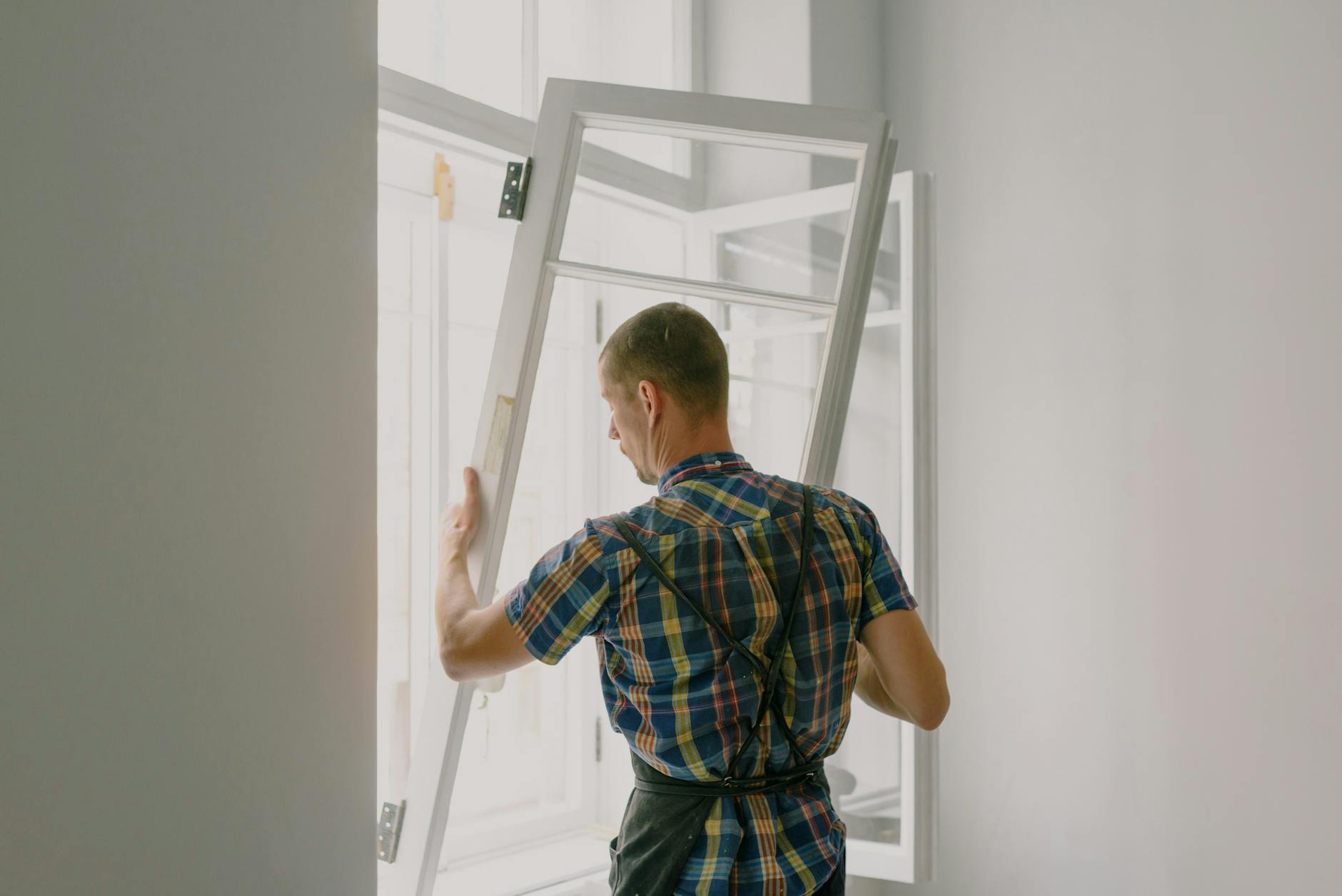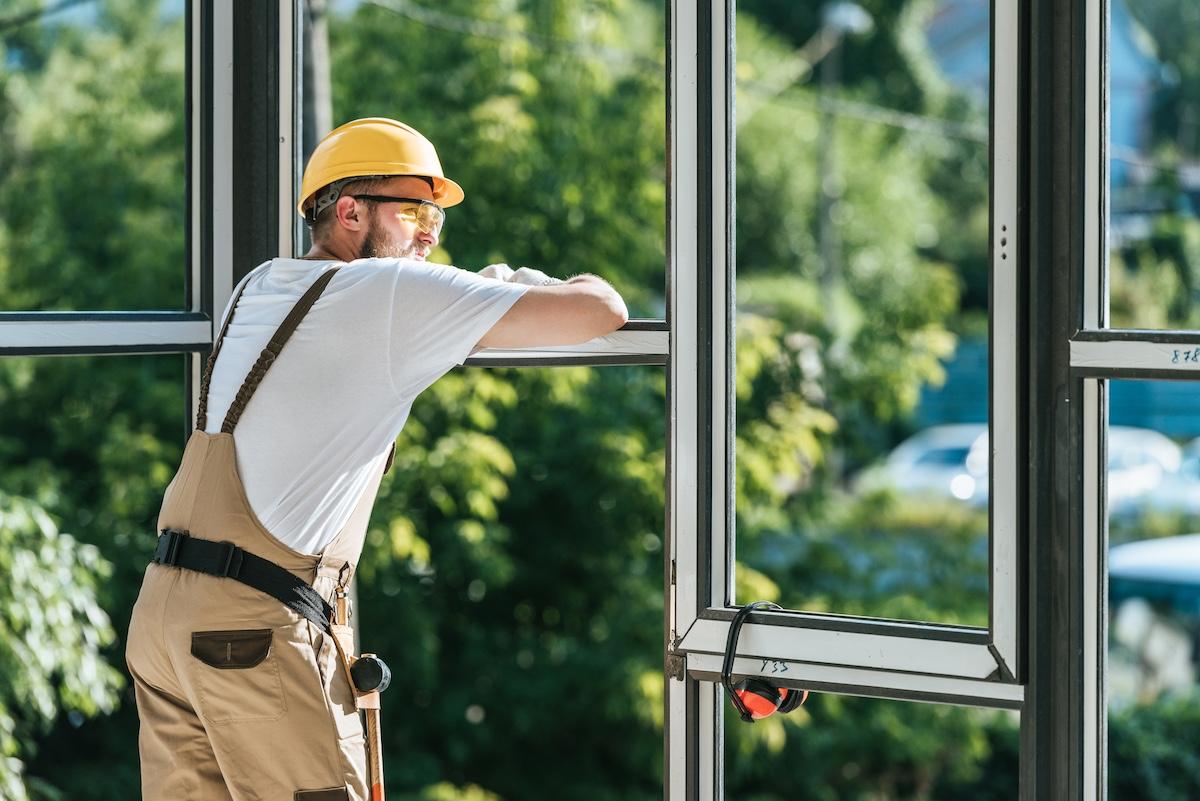In addition to fulfilling the functions of letting in sunlight and fresh air, windows keep out the extreme heat, cold, rain and other weather hazards. It’s common today to use Heating, Ventilation and Air Conditioning (HVAC) or some type of furnace to maintain a house at a comfortable temperature, regardless of season.
Today’s technology has birthed systems that are very energy-efficient. However, if your windows are outdated or have construction or installation problems, it will take extra energy to maintain temperatures in your home. A possible problem could be gaps between the frame and the panes. This is common with windows that are framed with wood, which has expanded and contracted over time. Age is another factor. Old houses are likely to have traditional windows that have single or double-pane clear glass. These do not filter out the cold or heat.
Energy-Efficient Windows
The best types of windows in terms of energy consumption, are those that are designed to conserve it. They are known as Energy Star-qualified windows. According to the U.S Department of Energy, installing these windows can save between 7% to 15% or more in household energy consumption, depending on where a house is located and the type of window that is being replaced.
Looking for the Mark of Quality
The U.S Department of Energy has guidelines as to which windows get this mark of quality. Buying those that have it guarantees you will see your energy consumption decline. These premier windows boast the following features:
- Two or even three panes of glass that have inert gases in between them. Gases like argon significantly enhance the ability of the glass to provide insulation so that warm air does not escape through the windows when a house is being heated. Similarly, the windows prevent cold air from leaking out when the house is being cooled.
- Frames made of materials that enhance the window’s capability in regard to insulation. This is indicated on Energy Star-qualified windows as the U-Factor. The Solar Heat Gain Coefficient (SGHC) is another marker. It indicates how much solar heat a window lets through.
- Use of spacers to ensure that the distance between the glass panes is correct. This works to prevent condensation.
- Use of special types of coating that create glass with low emissivity. Known as low-E glass, it either reflects heat energy into a house or out of it which improves insulation. Additionally, it reflects UV light away which prevents fading of upholstery and window dressings by up to 75%.
Getting Energy-Efficient Windows Installed
While upgrading to these windows may be quite an investment, it is one that pays off handsomely. Apart from reducing energy bills, eligible home and commercial building owners can receive federal tax credits as well. Other incentives you may qualify for can be found under the Energy Star Rebate Finder. Additionally, if/when you plan to sell your home, having energy-saving windows is a major selling point.
Conclusion
Rip the cord on energy draining windows. If you are considering new home construction or want to upgrade your existing home with energy-saving windows, Ripcord Construction is the name to remember in Southeast Michigan. Highly-skilled professionals who care install windows that are weather-resistant, scratch-resistant, and also reduce noise. This can be achieved with a variety of materials and styles. This could also be an opportune time to consider siding work in order to help keep out moisture, and protect against fire, pests or other exterior risks.
Guiding you through the best window options for your home and budget in terms of efficiency and design, you’ll soon come to know why Ripcord Construction was voted the best in Monroe County. Schedule your free estimate today and start transforming yours into an energy efficient home, bringing those energy bills down and keeping cash in your pocket.






